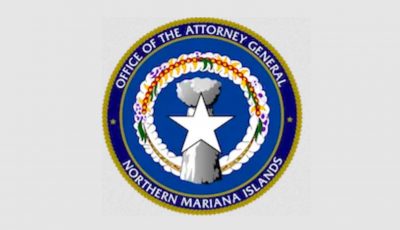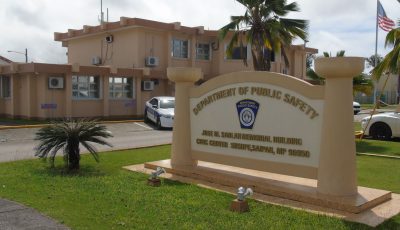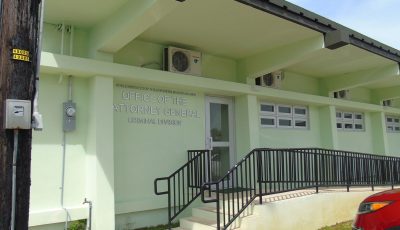THE CONSUMER CAUTION CORNER
Protecting yourself from identity theft
This week, the Office of the Attorney General’s Consumer Caution Corner focuses on identity theft.
What is identity theft?
Identity theft is a serious crime. Identity theft happens when someone uses information about you without your permission.
They could use your:
• name and address
• credit card or bank account numbers
• Social Security number
• medical insurance account numbers
Why should I care if someone steals my identity?
You will be responsible for what the thief does while using your personal information. You might have to pay for what the thief buys. This is true even if you do not know about the bills.
How can that happen?
• A thief might get a credit card using your name.
• He changes the address.
• The bills go to him, but he never pays them.
• That means the credit card company thinks you are not paying the bills.
• That will hurt your credit.
This is the kind of trouble identity theft can cause for you.
How can I protect my identity?
Protect your personal information. That helps you protect your identity. Here are some things you can do:
At home:
• keep your financial records, Social Security and Medicare cards in a safe place
• shred papers that have your personal or medical information
• take mail out of your mailbox as soon as you can
As you do business:
• only give your Social Security number if you must. Ask if you can use another kind of identification
• do not give your personal information to someone who calls you or emails you
On the computer:
• use passwords that are not easy to guess. Use numbers and symbols when you can
• do not respond to emails or other messages that ask for personal information
• do not put personal information on a computer in a public place, like the library
How will I know if someone steals my identity?
Read your bills and account statements.
Watch for:
• things you did not buy
• withdrawals you did not make
• a change of your address that you did not expect
• bills that stop coming
Look at medical statements. You might see charges you do not recognize. That might mean someone stole your identity.
Get your credit report. You get one free credit report every year from each credit reporting company.
To order:
• Call Annual Credit Report at 1-877-322-8228.
• Answer questions from a recorded system. You have to give your address, Social Security number, and birth date.
• Choose to only show the last four numbers of your Social Security number. It is safer than showing the full number on your report.
• Choose which credit reporting company you want a report from. (You get one report free from each company every year.)
The company mails your report to you. It should arrive two to three weeks after you call.
Read your credit report carefully. Look for mistakes or accounts you do not recognize. This could mean someone stole your identity.
Each week, the OAG’s Consumer Protection Education Program aims to provide consumers and businesses with the “know-how” to identify and protect themselves from unfair trade practices and marketplace schemes. If you would like to file a consumer complaint, please pick up a form at the Office of the Attorney General on Capital Hill and then please submit it by email to consumer_counsel@cnmioag.org Please note: We cannot act as your private attorney. If you need legal assistance, we will recommend that you contact a private attorney or legal aid organization. We cannot give legal advice or act as your private attorney. (Michael J. Cyganek, Special to the Saipan Tribune)
Michael J. Cyganek is the consumer counsel of the Office of the Attorney General.



























